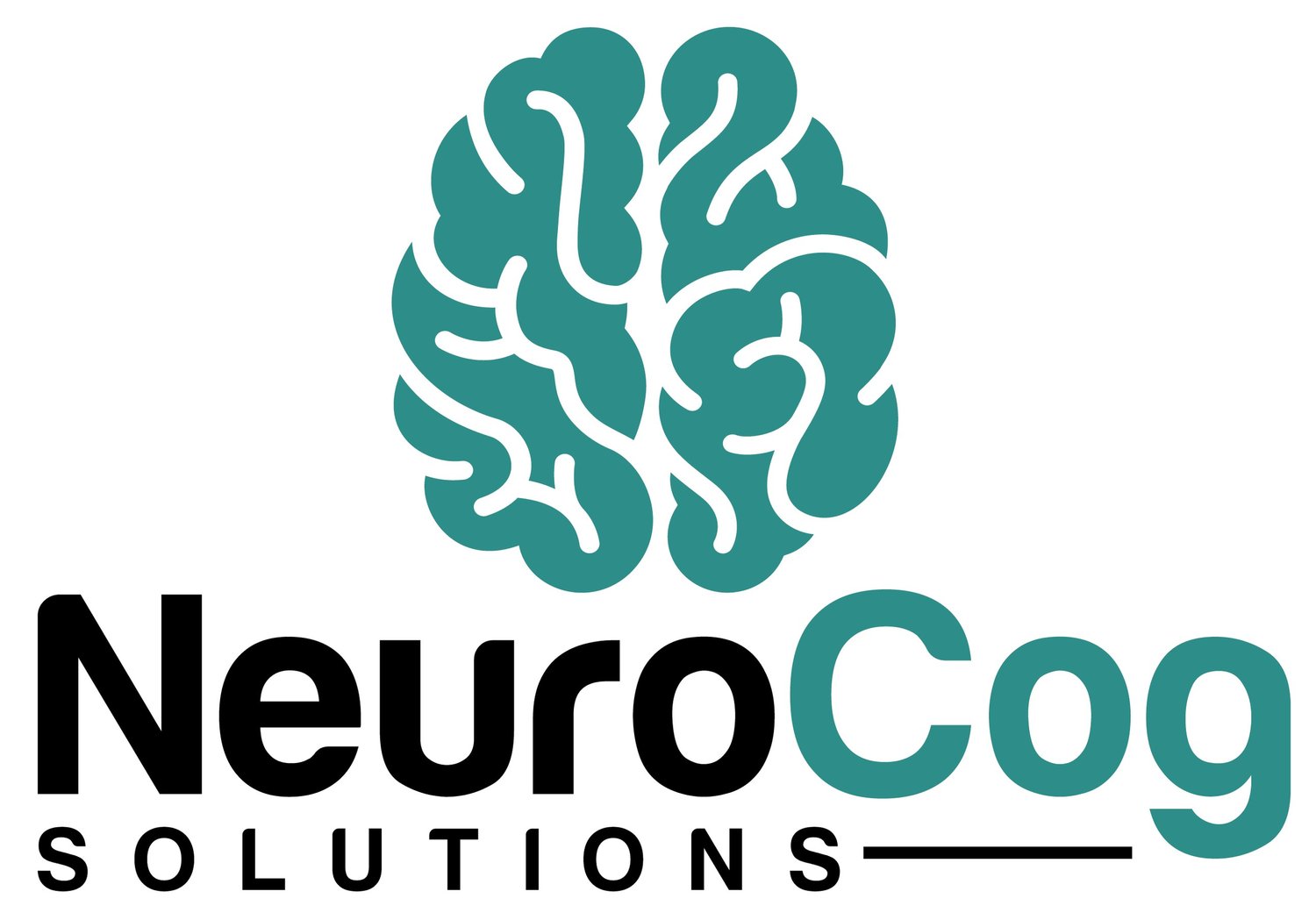Caregiving during COVID-19
Even prior to COVID-19, caregiving for a loved one with dementia or brain injury could be challenging. Caregivers are already at risk for increased depression, anxiety, and social isolation. Maintaining self-care is central to managing the responsibility of caregiving. Since COVID-19, caregivers now have the added burden of increased barriers to services and maintaining self-care. With adult day cares closed, some caregivers now have increased demands for daily caregiving. Due to social distancing guidelines, there may be greater difficulty sharing the caregiving role with family and friends. Below are some tips to help caregivers cope with the increased isolation and stress during this time.
Establish a daily routine
Continue self-care! This includes
Eat healthy
Exercise
Get good sleep
Participate in meaningful activities
Get outside for fresh air
Take time for deep breathing
Limit daily intake of the news (or negative information). Stay informed, but then disconnect from the news.
Maintain social support. Call or video chat with family and friends.
Don’t be hard on yourself, or others. Practice patience by taking a deep breath before you react.
Find the positive, even when it seems there is none. Reflect on things you are grateful for. Remember good memories/times.
Ask for help. Can friends or family drop off food? Use telehealth services.
Use a communication style that decreases conflict:
Don’t argue or try to rationalize with irrational behavior
Be flexible. Pick your battles. Let things go (is it really worth an argument?)
View behavior as the disease, not a personal attack
Use clear, simple, one-step requests/questions
Offer choices
Talk in a calm tone; others can mirror behavior so if you are yelling or angry, your loved one may yell and get angry too
Learn about and utilize the available resources:
Continue to reach out to associations. They have resources for managing caregiving at this time: www.caring.com or https://www.caregiver.org/coronavirus-covid-19-resources-and-articles-family-caregivers
Medical appointments, counseling, and group sessions are available via telehealth. If you do not have a computer, some providers offer phone sessions.
The Alzheimer’s Association has a 24/7 hotline you can call for support or to ask questions about resources in your area. Call 800-272-3900
The Brain Injury Alliance of NJ has a hotline that can also provide information and support. Call 732-783-6172
